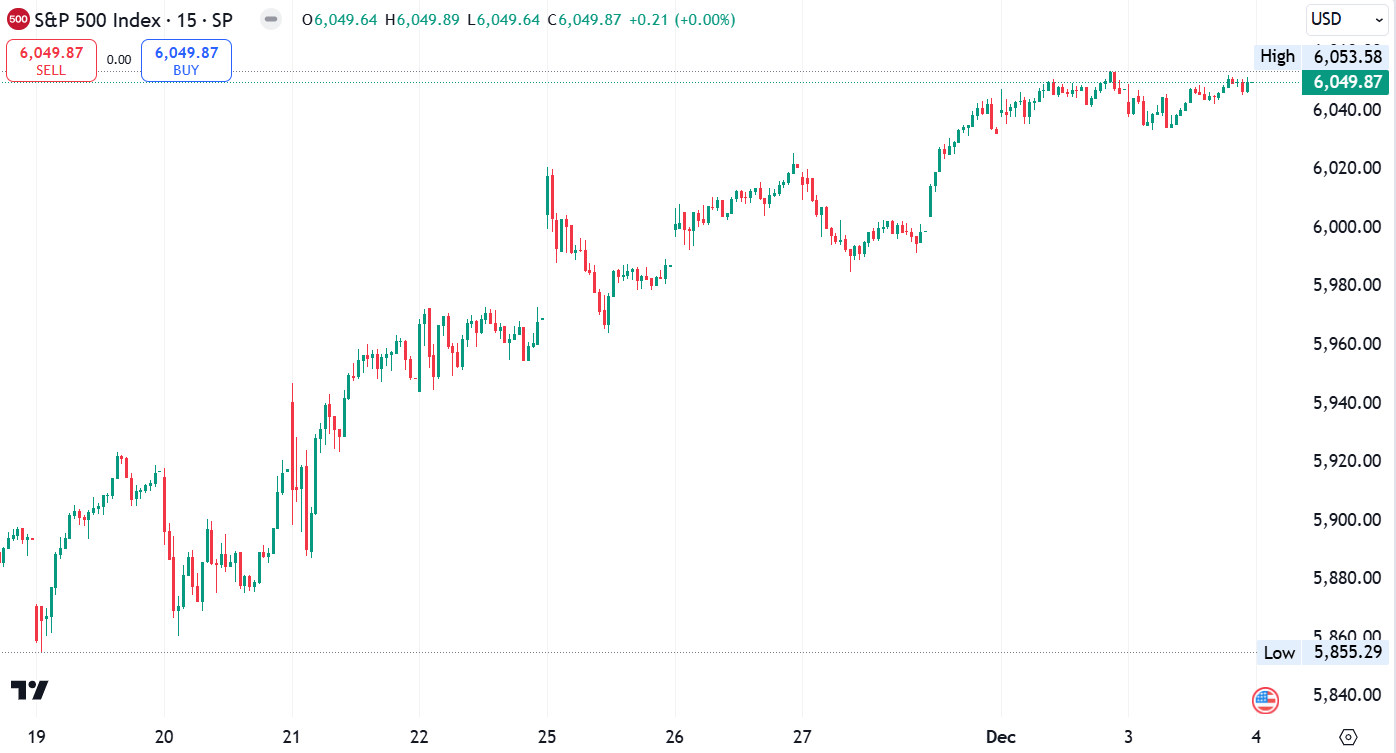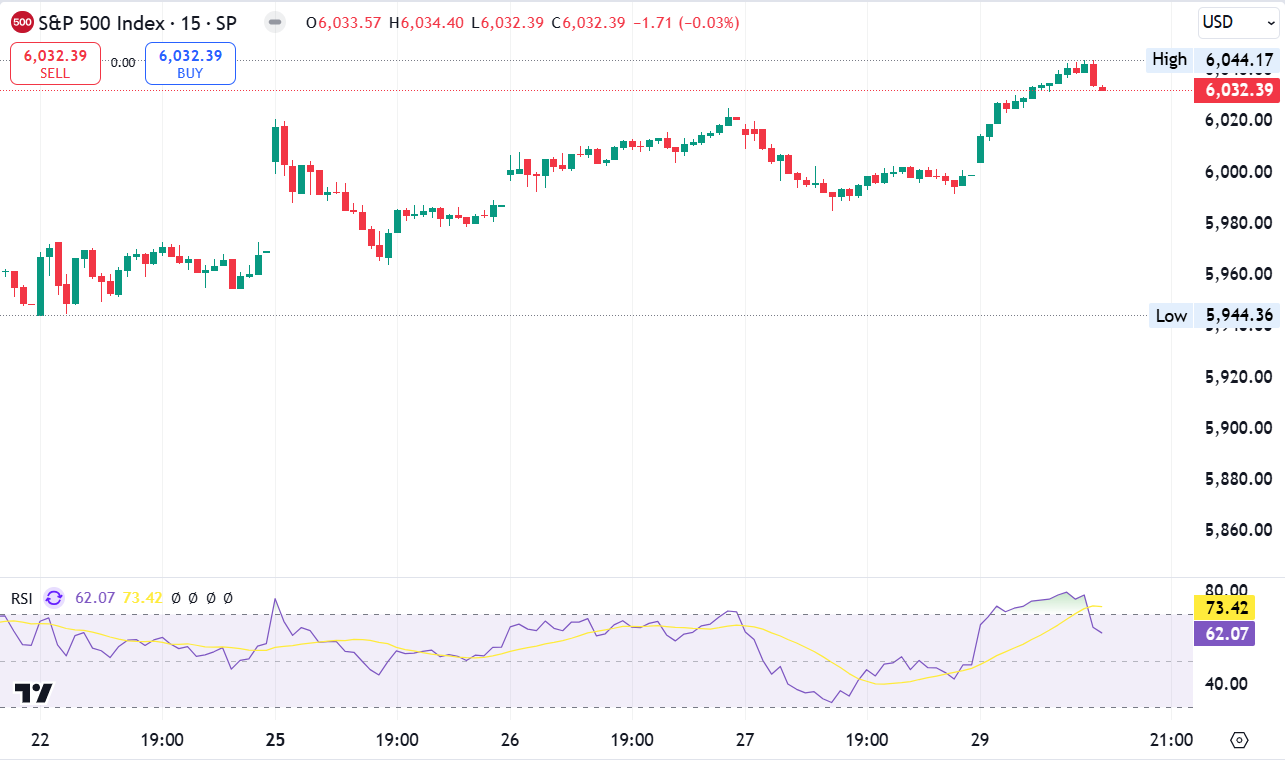BFRG Stock: Everything You Should Know

BFRG Stock: Everything You Should Know
Bullfrog AI Holdings, Inc. (BFRG) is a digital biopharmaceutical company with a primary focus on harnessing the power of advanced artificial intelligence and machine learning (AI/ML) to analyze complex datasets in the field of medicine and healthcare. Investors are closely monitoring BFRG stock.
Now, let’s take a closer look at BFRG stock as well as BFRG stock price forecast.
Based on a decade-long analysis of Bullfrog AI Holdings, Inc. common stock’s historical performance, the forecast for the stock at the outset of the upcoming year stands at $2.70.
Looking ahead to 2025, the projected value for BFRG stock is also $2.70, under the assumption that the stock will maintain its average annual growth rate observed over the past ten years. This projection indicates a negligible change of 0.00% in the BFRG stock price.
Bullfrog AI Holdings Inc. and its accomplishments
It is always a good idea to learn more about a company before making any decision. Bullfrog AIl Holdings Inc. isn’t an exception.
The company’s technology, known as bfLEAP, represents a potentially revolutionary tool for the analysis of pre-clinical and clinical data sets, particularly those generated in translational research and clinical trial environments.
This cutting-edge platform has the capability to comprehensively capture patients’ genetic and physical characteristics in an unbiased manner and then correlate them with various other data sources from different patients.
The Company’s therapeutic pipeline includes siRNA and Mebendazole. Its siRNA is aimed at targeting Beta2-spectrin and holds promise for treating various human diseases, including hepatocellular carcinoma (HCC), obesity, non-alcoholic fatty liver disease, and non-alcoholic steatohepatitis.
Meanwhile, Mebendazole is being employed to specifically target Glioblastoma, demonstrating the company’s commitment to advancing innovative solutions for challenging medical conditions.
How to select companies?
BFRG stock is just one option. There are numerous other options available to traders. So, it is important to understand all the advantages and disadvantages.
Making investment decisions is a critical aspect of financial planning and wealth management. Whether you’re considering investing in stocks, real estate, bonds, or other assets, it’s essential to conduct a thorough evaluation to determine whether an investment is worth pursuing.
This decision-making process involves assessing various factors to minimize risks and maximize potential returns. Here, we’ll explore key considerations and strategies for making informed investment decisions.
Define your investment goals:
Before diving into the investment world, it’s crucial to establish clear and achievable investment goals. Ask yourself questions like:
What is the purpose of this investment? (e.g., retirement, buying a home, funding education)
What is your investment horizon? (short-term, long-term)
What level of risk are you comfortable with?
What returns do you expect to achieve?
Assess your risk tolerance:
Understanding your risk tolerance is fundamental to investment decision-making. Some individuals can handle high-risk, high-reward investments, while others prefer lower-risk, more conservative options. Consider factors such as your age, financial situation, and emotional ability to withstand market fluctuations.
Diversify your portfolio:
The adage “Don’t put all your eggs in one basket” holds true in investing. Diversification involves spreading your investments across different asset classes, industries, and geographic regions to reduce risk. By diversifying, you can potentially offset losses in one area with gains in another.
Conduct fundamental analysis:
Fundamental analysis involves evaluating the financial health and performance of an investment. For stocks, this may include examining financial statements, earnings growth, and industry trends. For real estate, it might involve analyzing property cash flows and market conditions.
Perform technical analysis:
Technical analysis involves studying price charts and historical trading volumes to identify trends and patterns. While not foolproof, technical analysis can provide insights into potential entry and exit points.
Consider market conditions:
Economic and market conditions play a significant role in investment decisions. Assess factors like inflation rates, interest rates, and geopolitical events that can impact different asset classes.
Evaluate costs and fees:
Be aware of the costs associated with your investments, including trading commissions, management fees, and taxes. High fees can significantly impact your returns over time.
Review investment time horizon:
Your investment time horizon is a key determinant of your investment strategy. Short-term goals may require more conservative, liquid investments, while long-term goals can accommodate a higher degree of risk.
Monitor and adjust:
Once you’ve made an investment, it’s essential to monitor its performance regularly. Market conditions and your personal circumstances may change, requiring adjustments to your portfolio. Rebalancing your investments periodically can help you maintain your desired asset allocation.
Embrace a long-term perspective:
Finally, remember that investing is typically a long-term endeavor. Short-term market fluctuations are common, but over time, well-researched and diversified investments tend to grow in value.
In conclusion, making informed investment decisions involves a comprehensive assessment of your financial goals, risk tolerance, and available investment options. It requires a combination of research, analysis, and prudent decision-making.
By following a disciplined approach and staying informed about market developments, you can increase your chances of making investments that align with your objectives and financial well-being.
The post BFRG Stock: Everything You Should Know appeared first on FinanceBrokerage.



